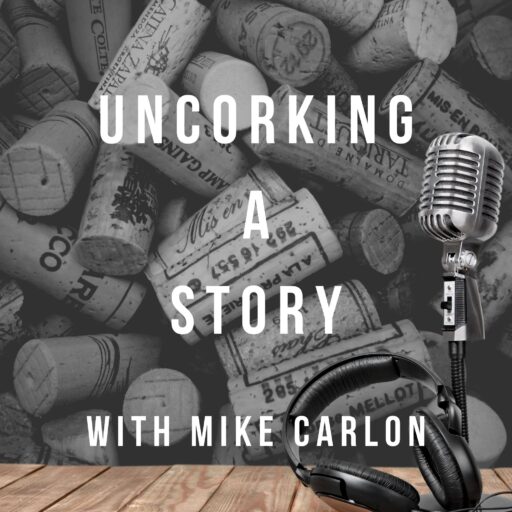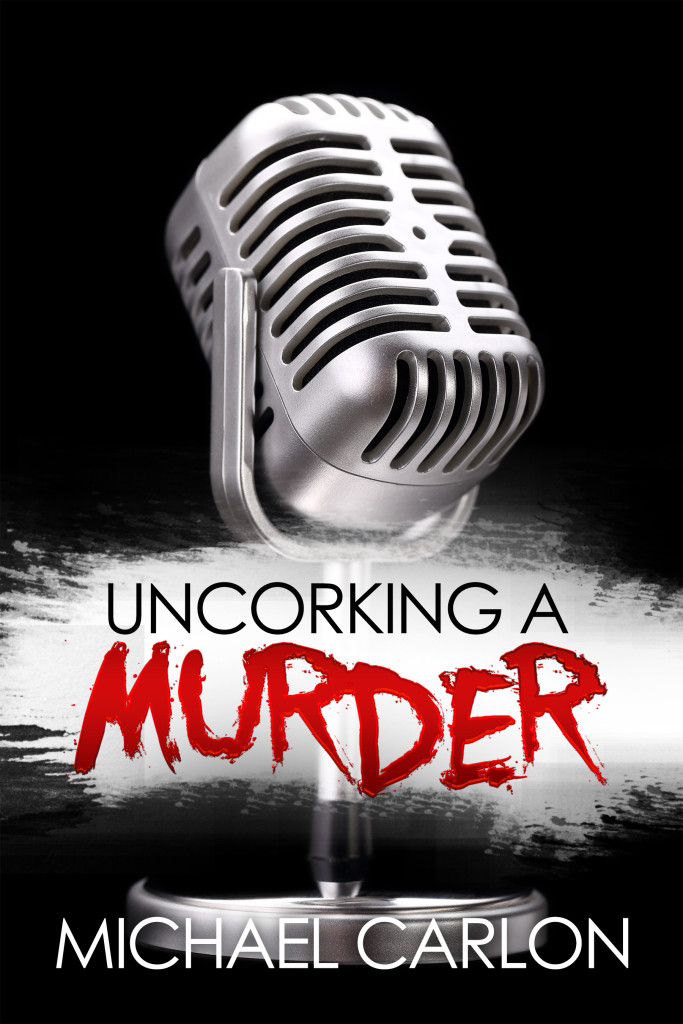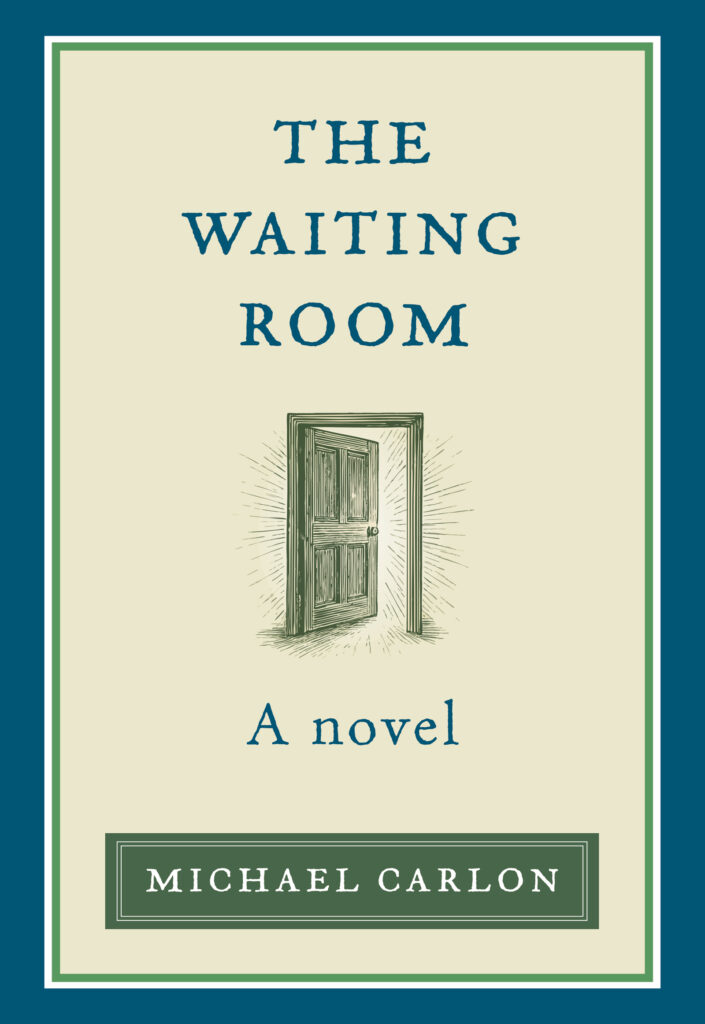I remember studying psychology as an undergraduate and being introduced to Gestalt thinking. The primary philosophy underlying Gestalt thinking is that the whole is greater than the sum of its parts. In practical terms, this means that we as people are all more than the sum of our memories and experiences. This goes hand in hand with the notion of freewill; our past does not chain us down to anything. Why do two people with similar upbringings wind up on different sides of the spectrum in life? Because we are more than what our genetics and past dictate we are
I think that to some extent this philosophy holds true for music. On its most granular level a song is much more than the sum of its core components; lyrics, notes, rhythm, melody, and harmony. On a more grand scale, an album is more than the sum of its individual songs. An artist will take time to consider what songs to include on an album and the order in which they should be placed. While this is especially true for concept albums that are designed to tell a story, it also holds true for regular albums; the artist has an idea in mind and from this idea songs are selected to be recorded, they are arranged in a certain manner, and an album is born.
The age of the $.99 download does a disservice to not only the artist but also to the listener. By not committing to the full album, the listener will not experience a song as it was intended to be heard by the artist; in the context of a larger album or story.
We have the same problem with religion; particularly within Catholicism. I know many Catholics who prefer the $.99 download version of the faith vs. embracing the entire album. I am not singling out those “Cafeteria Plan” Catholics who pick and choose which parts of the faith to believe or follow; we need healthy and open debate in the Church as the Church is a living being. Rather, I am referring to those Catholics who don’t embrace the larger implications of being Catholic.
The $.99 version of Catholicism is akin to practicing the faith by doing the bare minimum; attending mass once per week. Unfortunately, depending on what source of information you read, up to 40% of Catholics don’t even do that.
Calling oneself Catholic must not be something we do passively but something we are. Most of us are baptized Catholic when we have no say in the matter. It is a passive event. As we move through the Sacraments of initiation we often do so passively. But like the Velveteen Rabbit who eventually becomes real, we must continually become Catholic thorough our experiences and conscious choices.
Being a Catholic must become part of our identity; how we define ourselves. We can be no less Catholic than we can be less Irish, Italian, black or white. We must remember that being Catholic means we are to love our neighbor unconditionally and that the opposite of expressing this love is alienating others by our attitudes, behavior, and, most notably, apathy.
When being Catholic becomes part of our identity, we start to live every day seeking opportunities to serve others and, fortunately, we don’t have to look far. When we are conscious of our desire to serve others, we see need all around us. From the homeless man asking for a handout, to the confused tourist looking to make his way uptown, to a client who is struggling to make a business case to his/her management, opportunities to serve others are oftentimes an arms length away.
When does this ‘becoming’ begin? The Sacraments of initiation are a good start but it cannot end with one’s Confirmation. We must continue to live the faith day in and day out in order to live what it means to be Catholic. For this reason, joining a Parish, attending mass regularly, and being an active member of the Parish community are critical in our solving the Catholic identity crisis. Surrounding ourselves with others who believe as we do provides the encouragement we sometimes need to keep climbing the mountain (not hill) of faith.
When does this ‘becoming’ end? There is no expiration date on the Catholic identity. We don’t retire from it. It ends with our death; which to us as Catholics, of course, is really the beginning of an eternal life. That said, if every day of our lives is spent serving others in some capacity, that life full of giving and compassion cannot really die. Someone who has been impacted by our kindness and generosity will pick up where we left off. If our children are witnesses to our living with a Catholic identity, they will continue our work. The Catholic identity thus becomes cyclical; identity crisis solved.
It is not my place to determine how Jesus intended His message of love, mercy, and compassion to be heard. I can only assume He wanted them heard in the context of life’s present vs. its past. I can only assume that He wanted His message to only pass through our ears on its way to our hearts and into our DNA. As such, ask yourselves, are you living the $.99 download version of the Catholic faith or are you buying the album?



Thank you so much for sharing this topic/post to us! God Bless!